Using an app to track driving makes people drive more safely, study claims
A new study from AAA confirms something that most of us already know: when drivers know their behavior is being monitored, they tend to drive … The post Using an app to track driving makes people drive more safely, study claims appeared first on BGR.


A new study from AAA confirms something that most of us already know: when drivers know their behavior is being monitored, they tend to drive more safely. But here’s the twist—no one in this study was being punished or rewarded. A simple driving tracking app and some text message feedback were enough to make real, measurable changes.
Researchers at the AAA Foundation for Traffic Safety borrowed a page from usage-based insurance (UBI) programs. These programs are often offered by car insurers and use apps or hardware to monitor things like hard braking, speeding, and sudden acceleration to help calculate premiums.
Instead of adjusting insurance rates, this study used data from its driving tracking app to deliver weekly feedback and see how people responded. The results are hard to ignore, too.
More than 1,400 participants were split into four groups. One control group received no feedback, while the others received either weekly summaries of all behaviors, weekly feedback focused on a specific behavior, or weekly updates on the behavior they chose to monitor.

The study found that 13 percent of drivers reduced their speeds, while 21 percent braked more gently when they knew that driving tracking app was running. Additionally, around 25 percent of participants accelerated more smoothly and gradually instead of taking off as quickly as possible.
The study claims that even after the 12-week program ended and feedback stopped being sent out, participants largely maintained their improved driving habits. In other words, the research and monitoring with the driving tracking app didn’t just prompt a quick fix; it ultimately helped reinforce new habits that stuck.
So, what made the difference here compared to UBI programs? Well, the researchers say it was likely because the results were based on feedback, not fear. Drivers didn’t need the threat of higher premiums to make better choices. They just needed a mirror.
Weekly texts and dashboards reflecting their own behavior gave them the nudge they needed to adjust. Many even said they’d be more motivated by incentives like extra cash or more detailed weekly reports.
Interestingly, one habit didn’t seem to budge: smartphone use while driving. Researchers say they suspect that early safety scores may have falsely reassured some drivers, making them feel safer than they actually were.
Even still, the core lesson here is clear. People already track their screen time, their sleep, and their steps. So why not their driving? A driving tracking app can act as a quiet backseat coach—one that doesn’t yell but simply reminds you to slow down, ease up on the brakes, and maybe keep your eyes off Instagram.
In a country where over 40,000 people die in car crashes each year, safer driving habits matter. If the key to better behavior is just a text message with actionable feedback, then maybe it’s time we all start paying a little more attention to how we’re driving.
The post Using an app to track driving makes people drive more safely, study claims appeared first on BGR.
Today's Top Deals
- Today’s deals: $193 Apple Watch Series 8, Bosch ICON wiper blades, $399 Weber Spirit grill, more
- Amazon Big Spring Sale: 15% off iPhones, free music streaming, $75 smart TV, $120 Fitbit Charge 6, more
- Today’s deals: $99 Beats Pill Bluetooth speaker, 20% off LG C3 OLED TV, free Amazon Music streaming, more
- Best Apple Watch deals for April 2025
Using an app to track driving makes people drive more safely, study claims originally appeared on BGR.com on Thu, 3 Apr 2025 at 21:04:00 EDT. Please see our terms for use of feeds.






















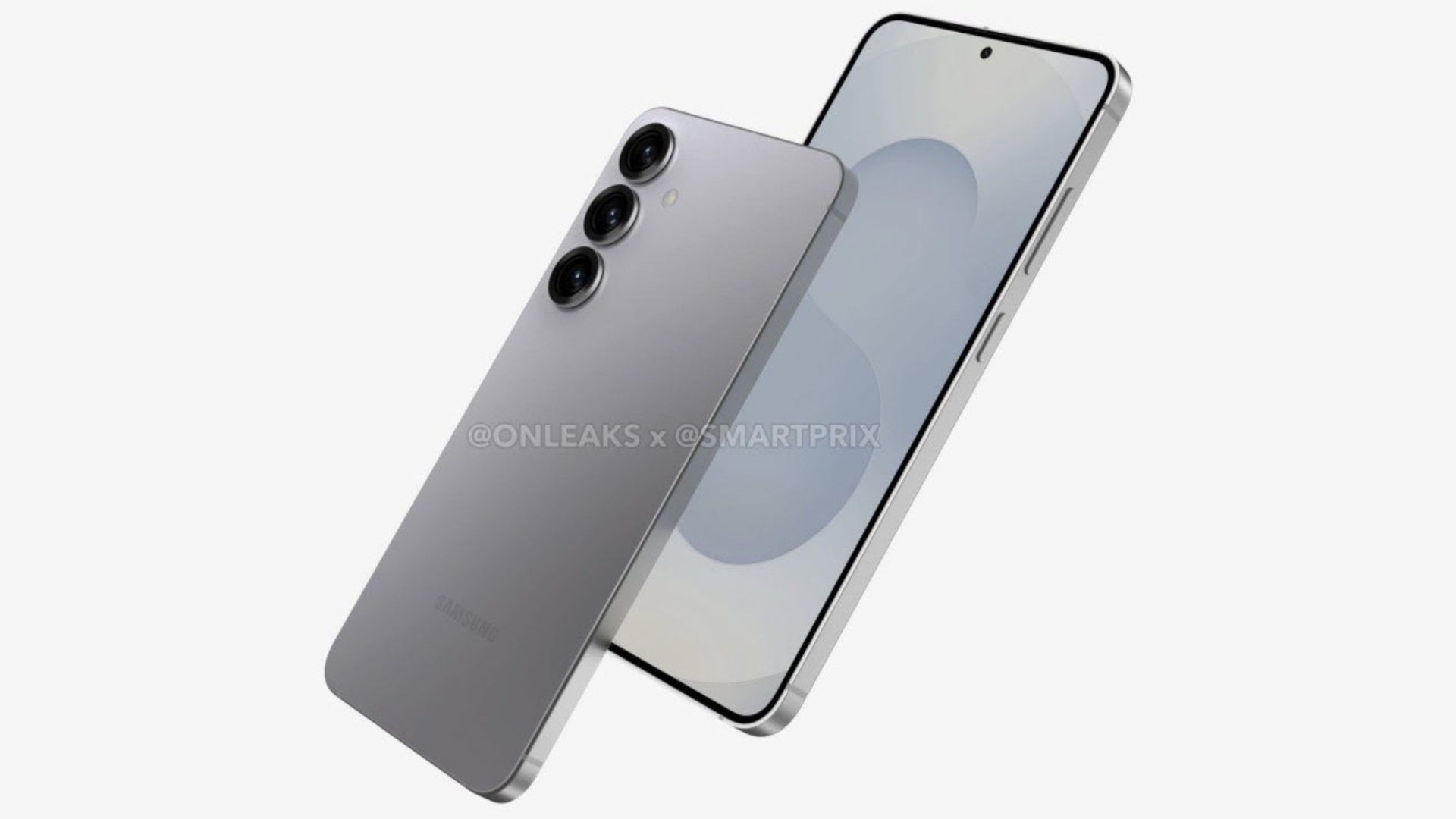
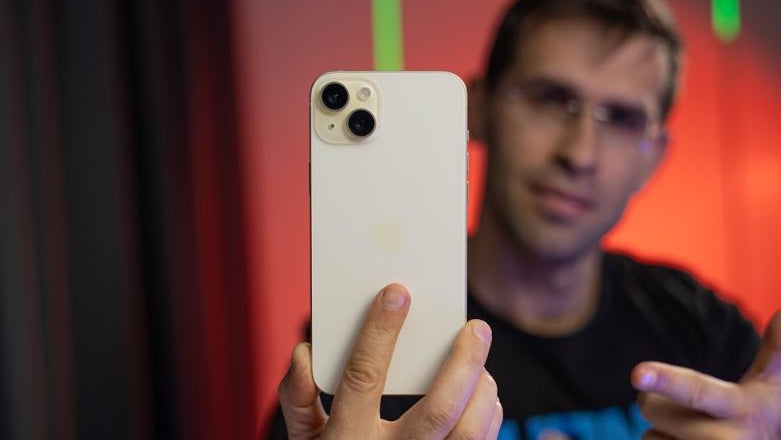



























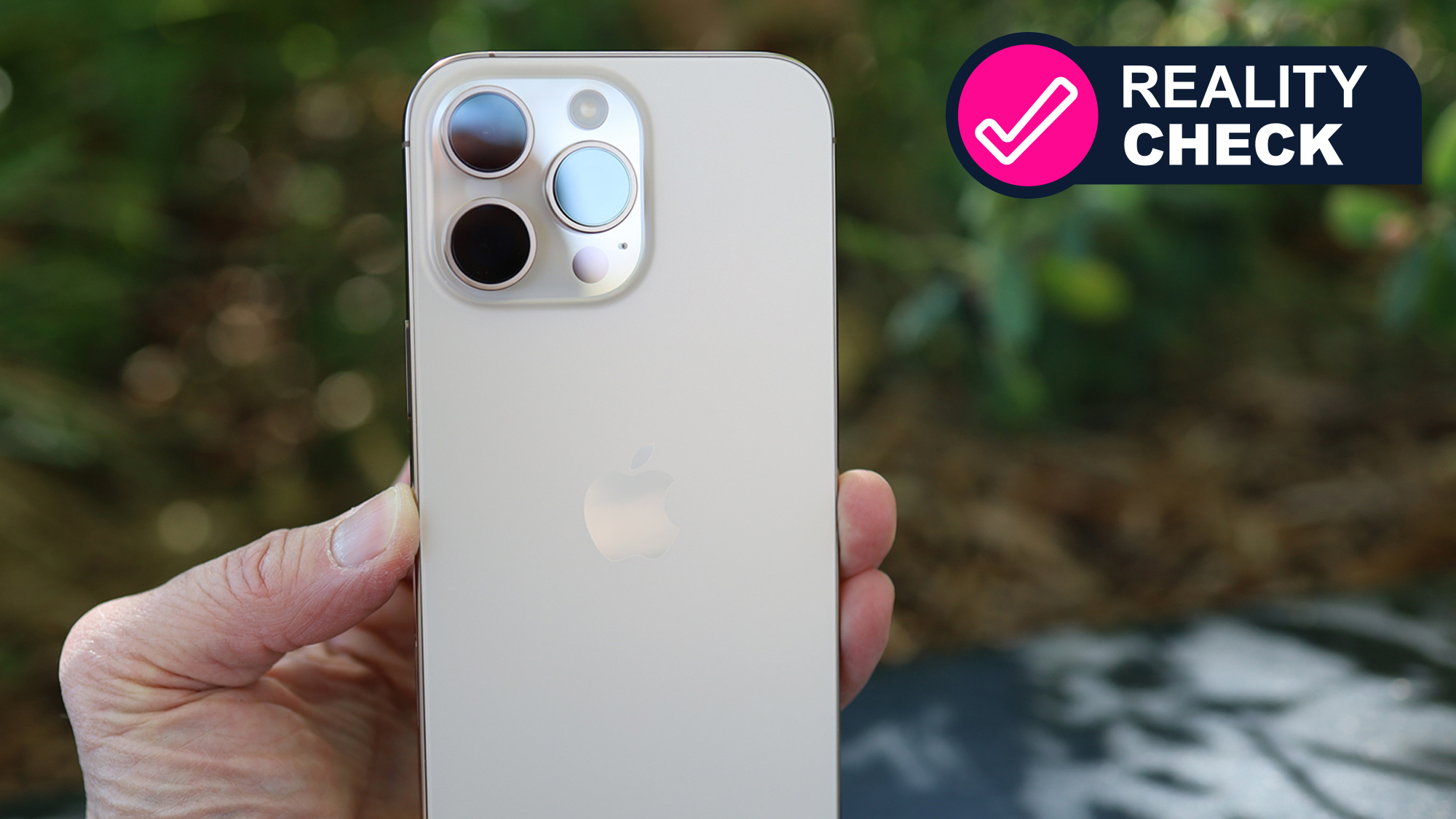
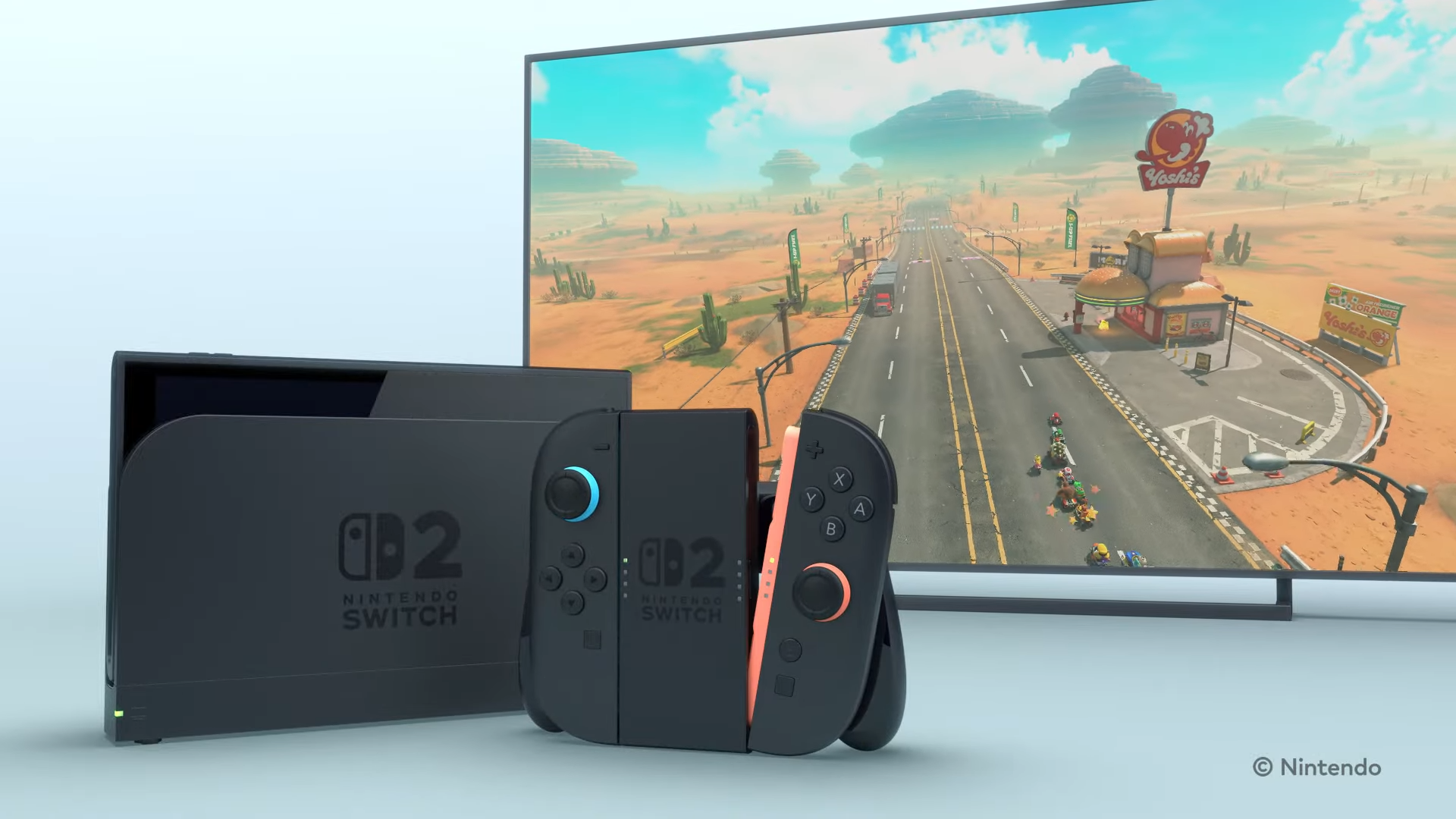
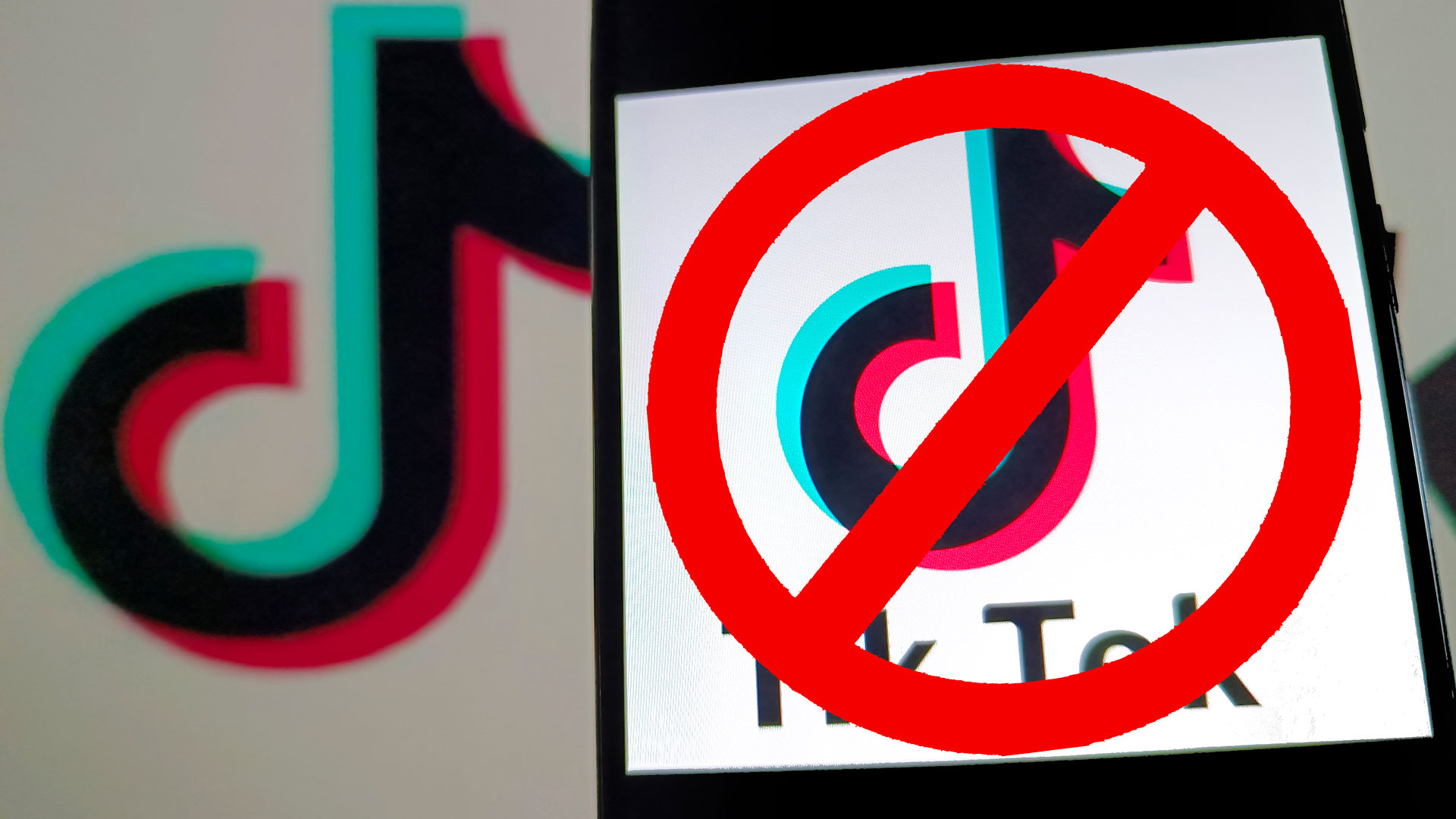
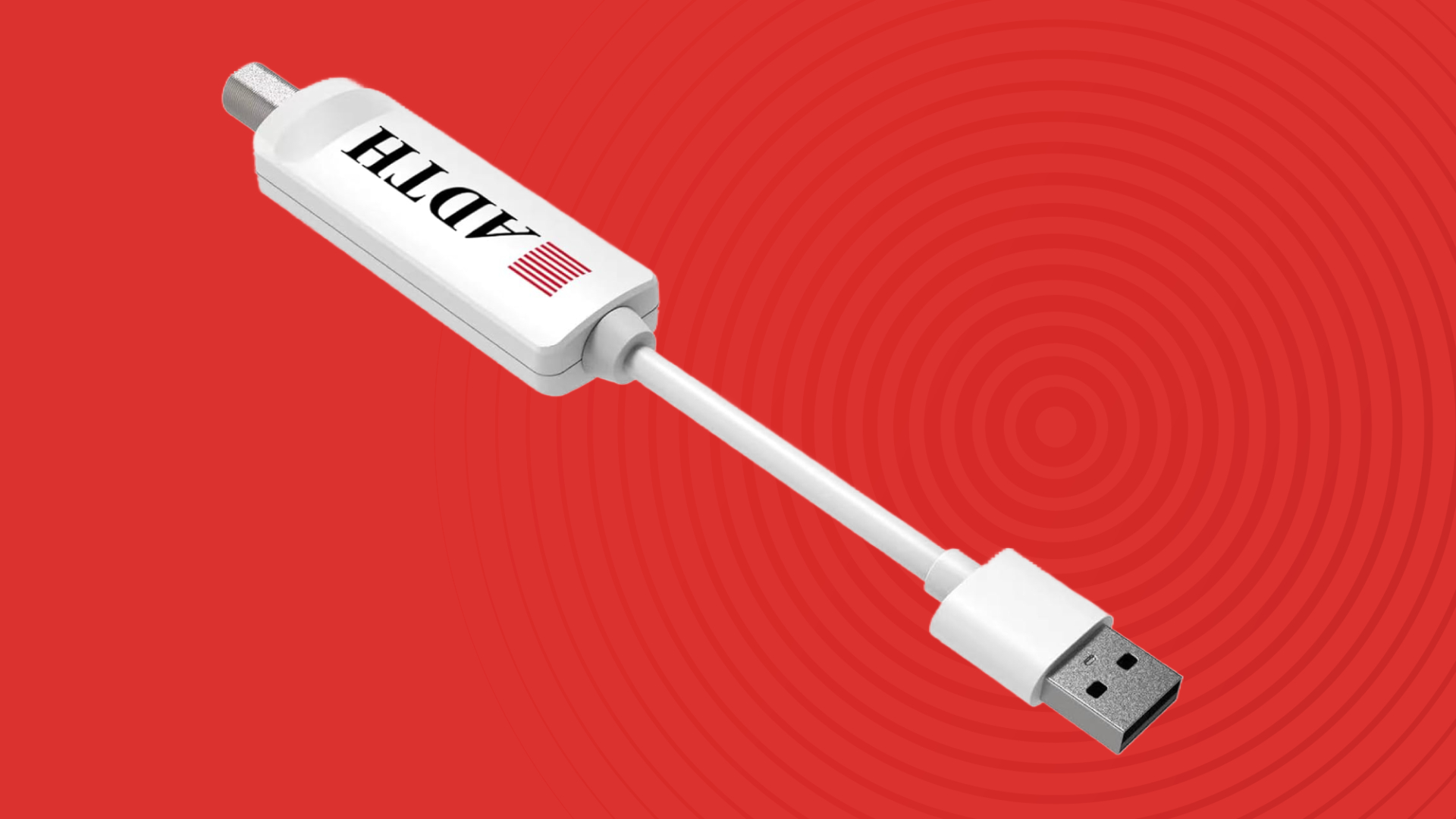
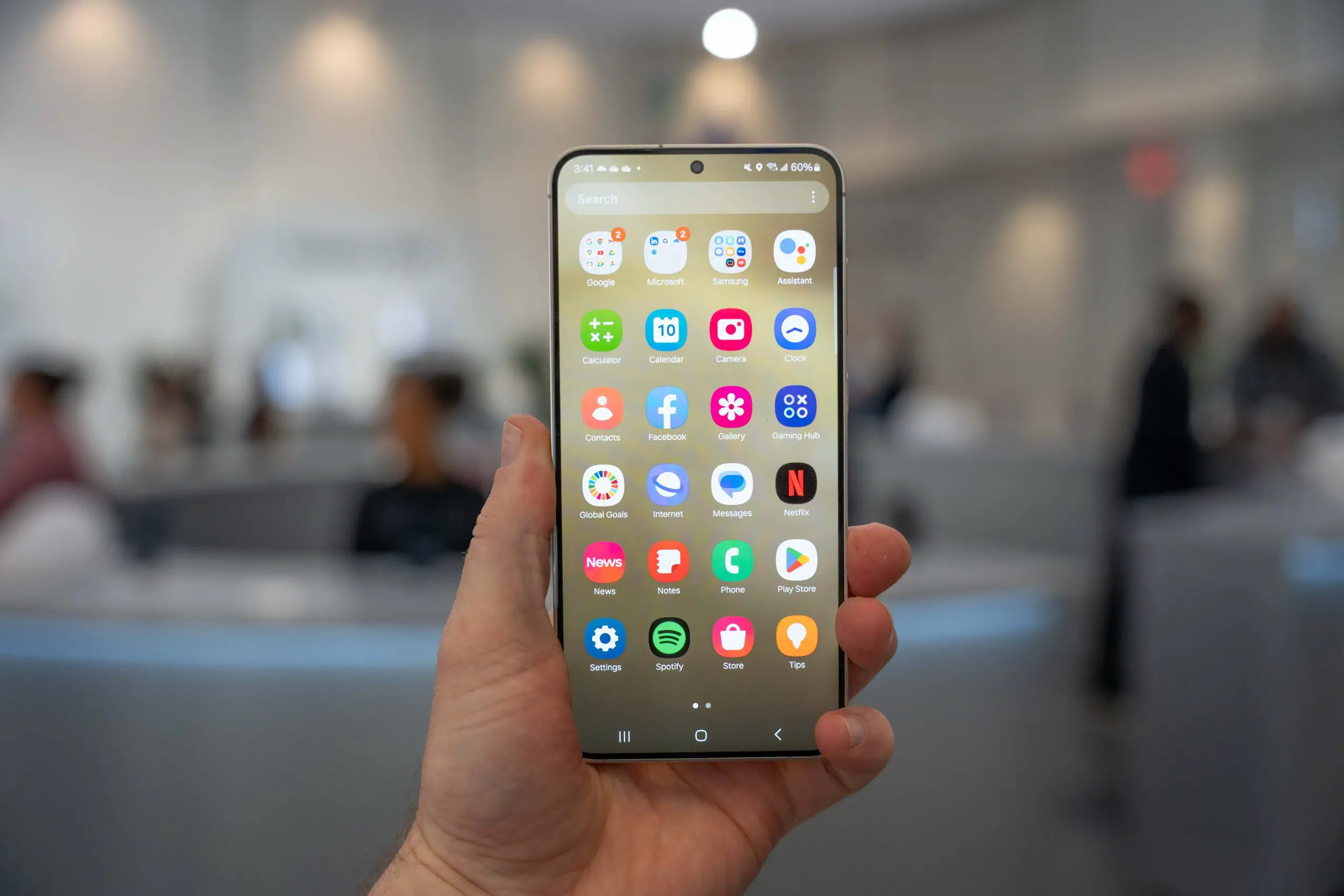
































![This is Apple’s unreleased 10th anniversary Apple Watch band [Gallery]](https://i0.wp.com/9to5mac.com/wp-content/uploads/sites/6/2025/04/apple-watch-celebration-band0000-2.jpg?resize=1200%2C628&quality=82&strip=all&ssl=1)


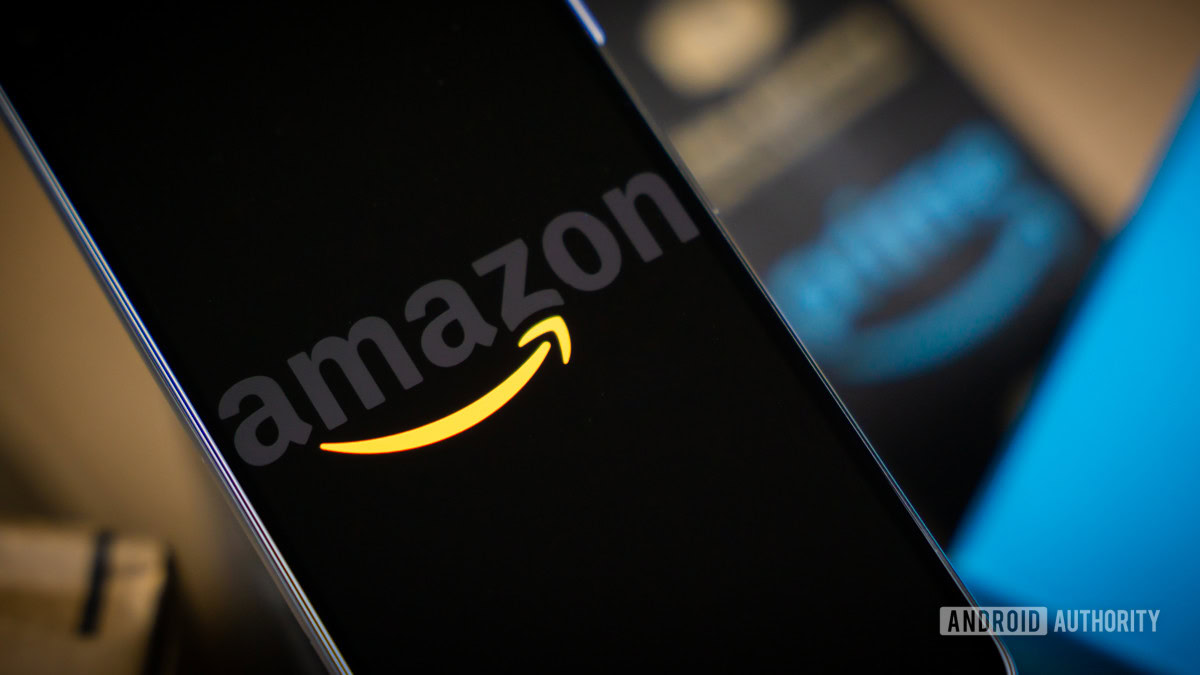


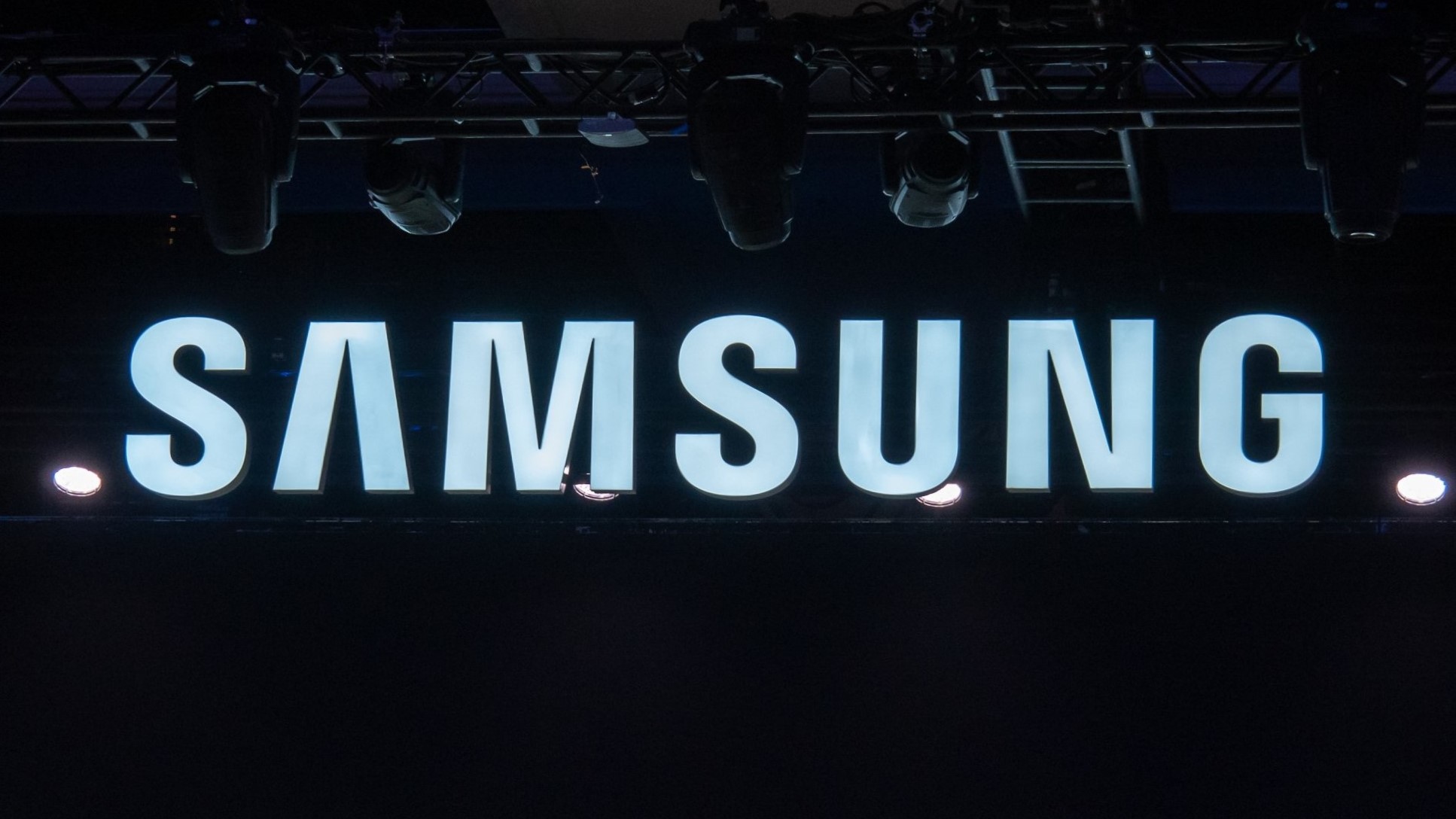

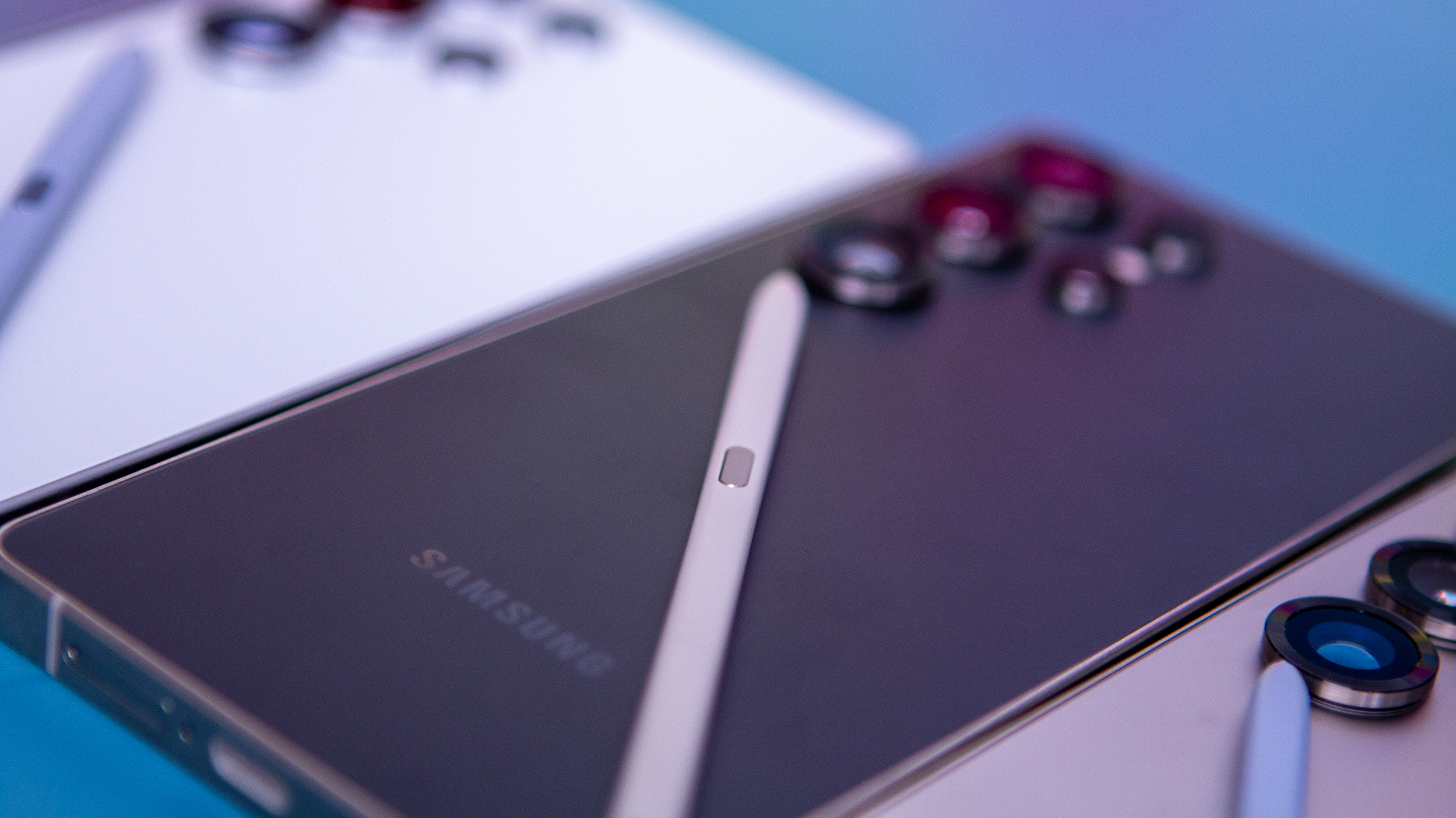

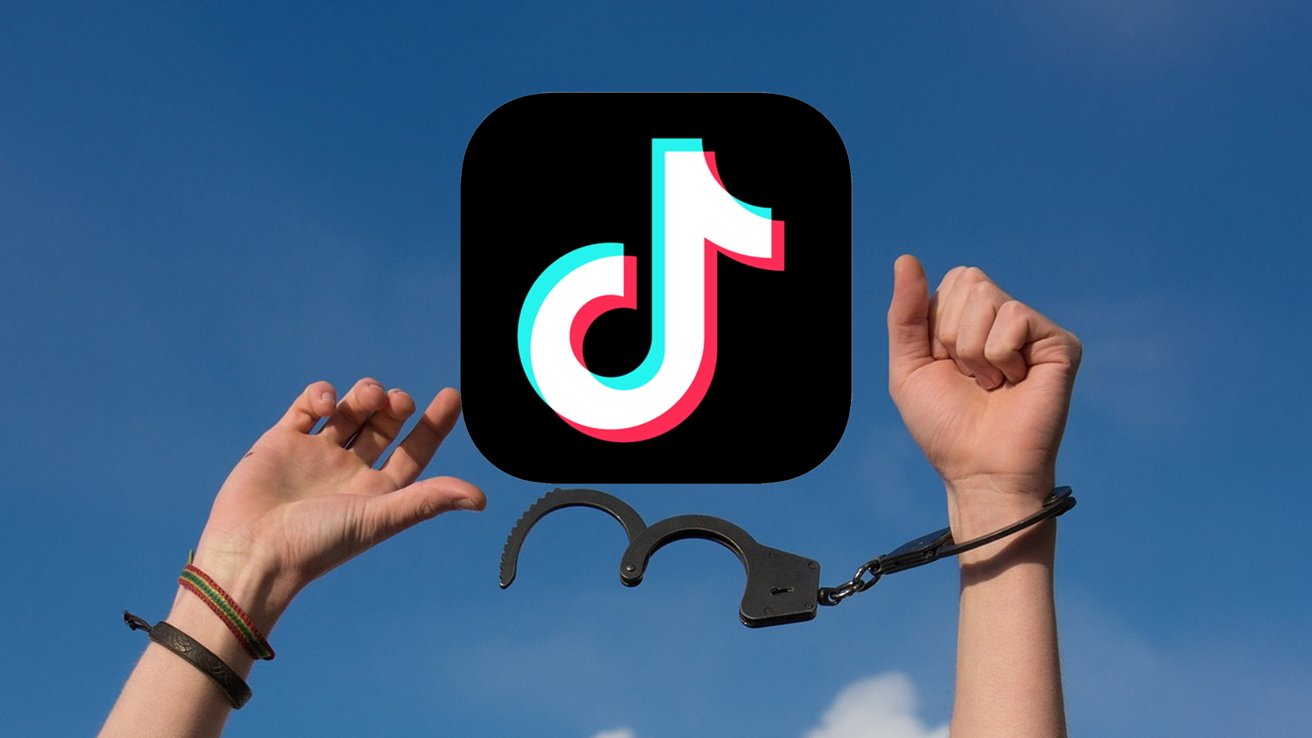



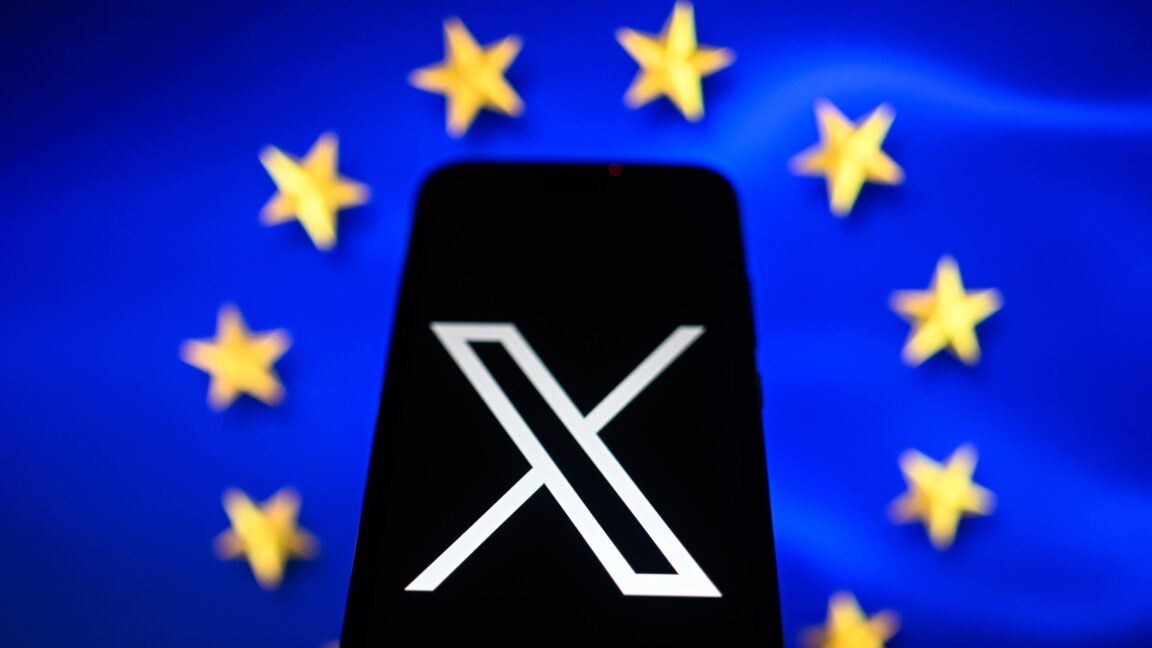


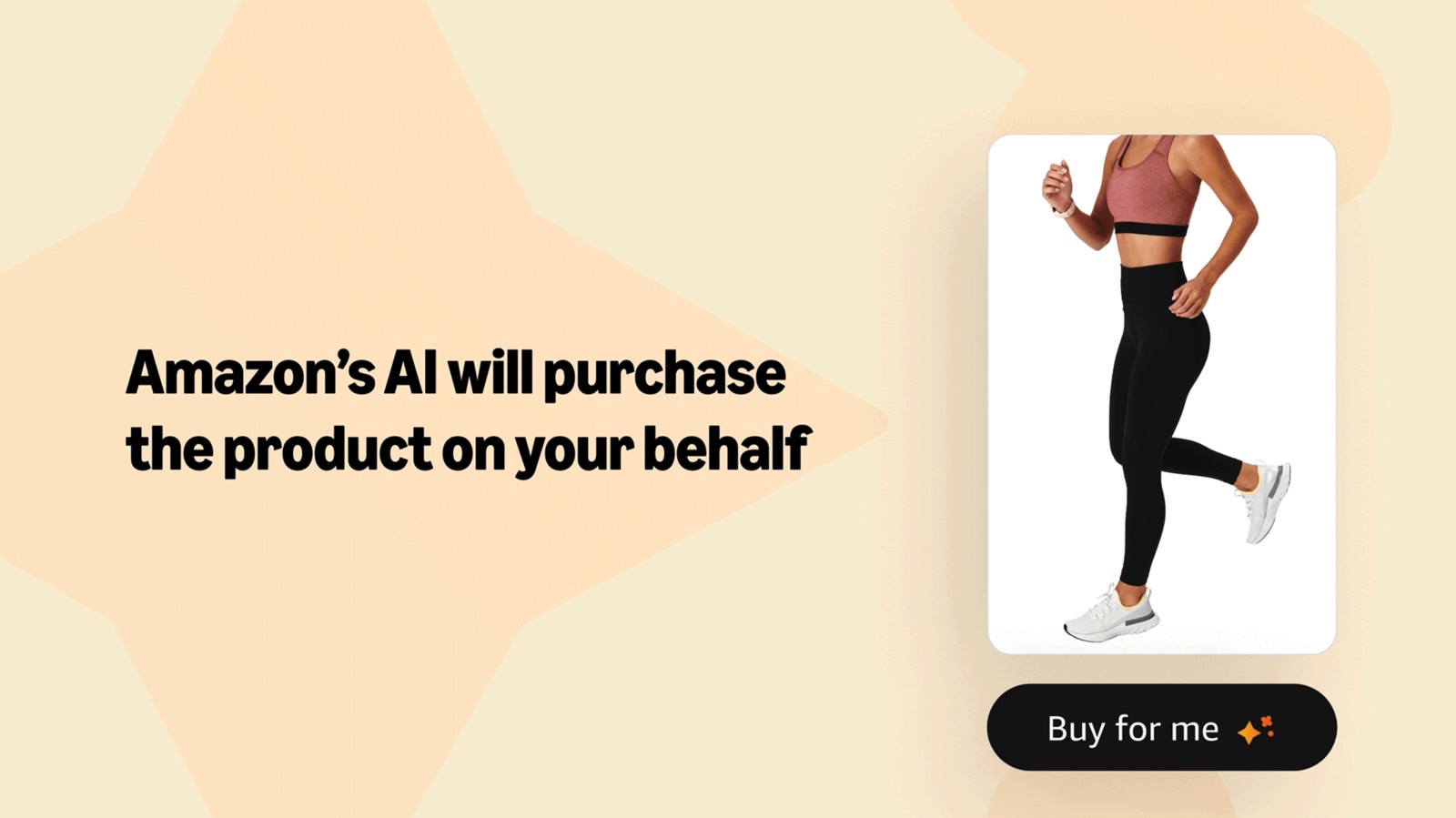

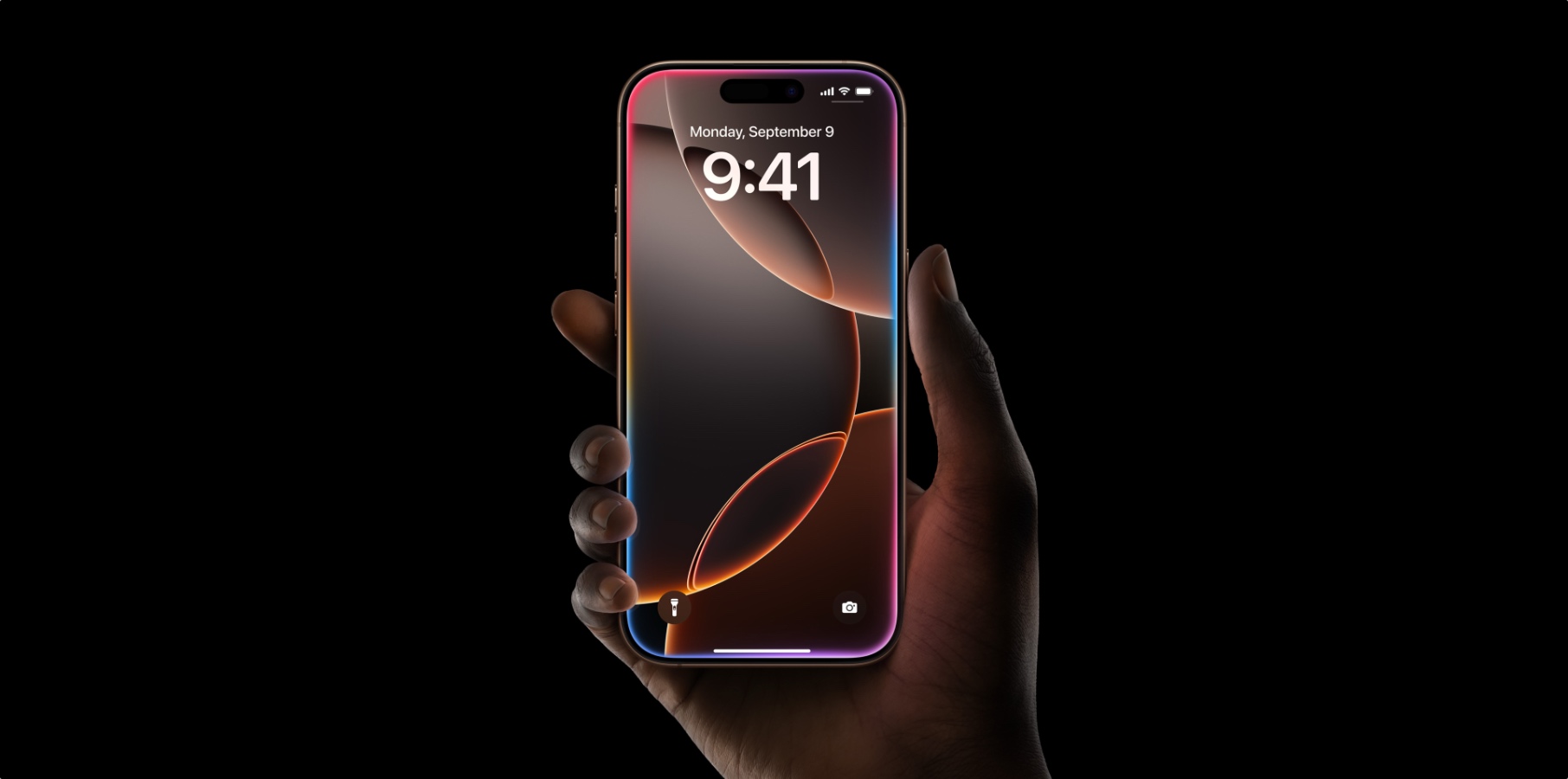


































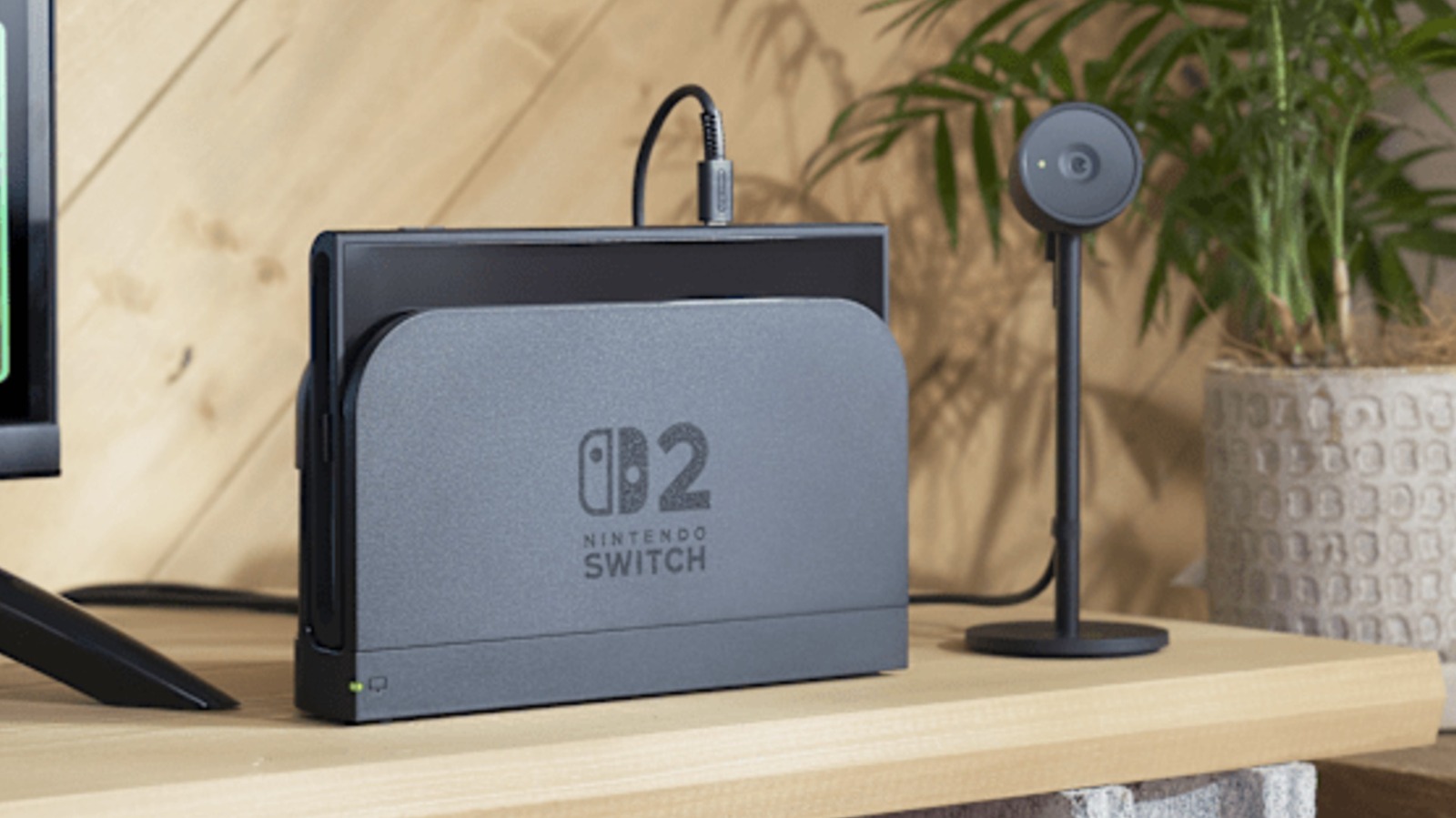































.webp?#)
_Christophe_Coat_Alamy.jpg?#)











































































![[The AI Show Episode 142]: ChatGPT’s New Image Generator, Studio Ghibli Craze and Backlash, Gemini 2.5, OpenAI Academy, 4o Updates, Vibe Marketing & xAI Acquires X](https://www.marketingaiinstitute.com/hubfs/ep%20142%20cover.png)



























































































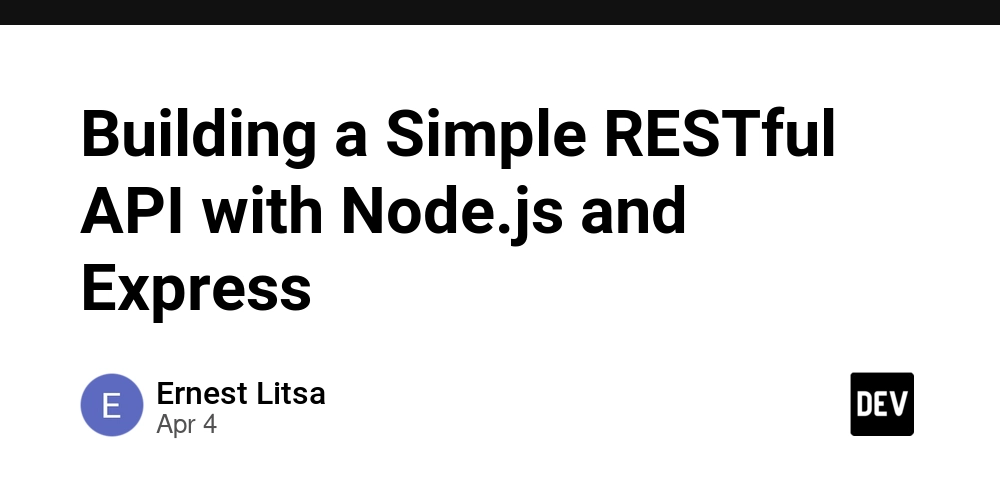



































































-Nintendo-Switch-2-–-Overview-trailer-00-00-10.png?width=1920&height=1920&fit=bounds&quality=80&format=jpg&auto=webp#)


































































